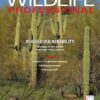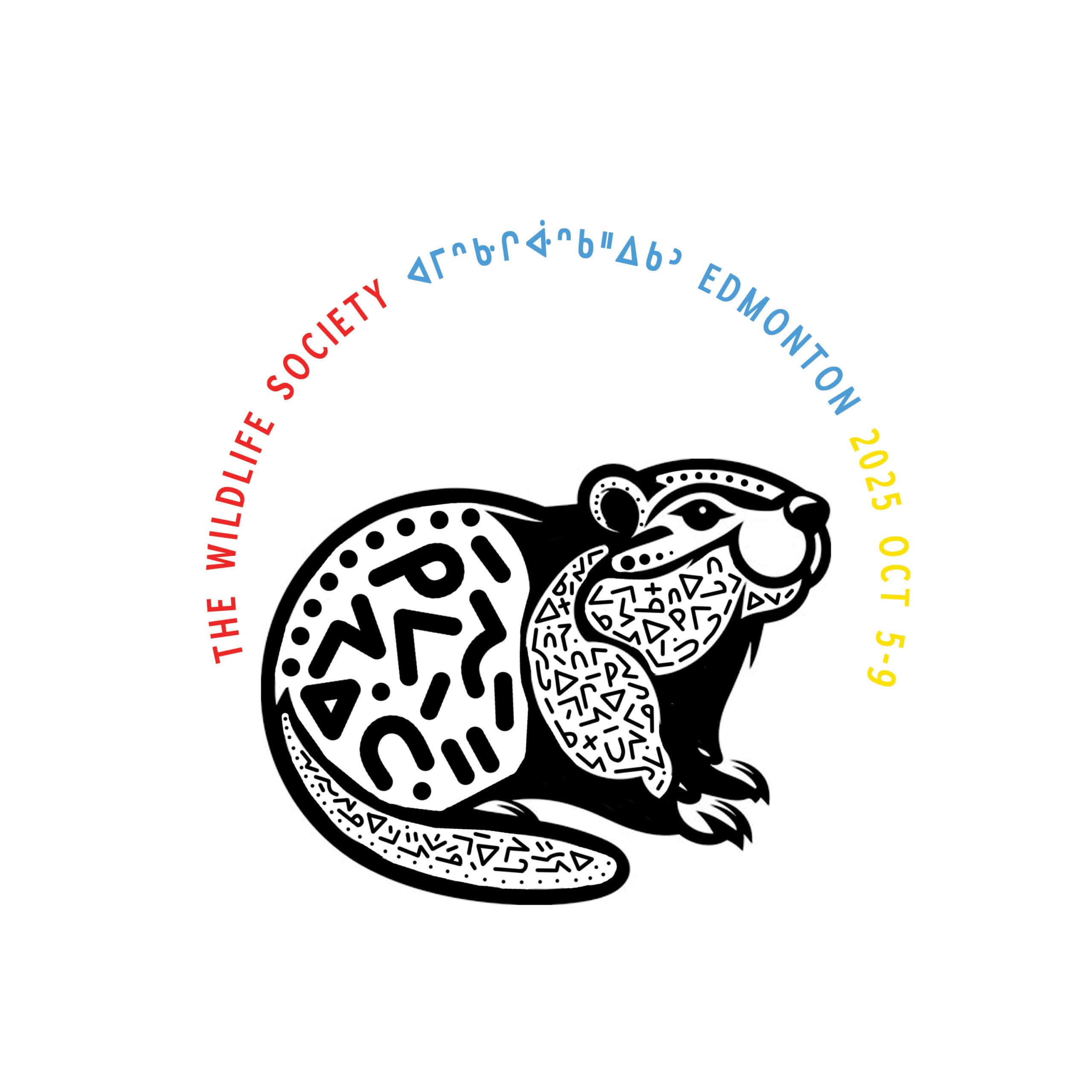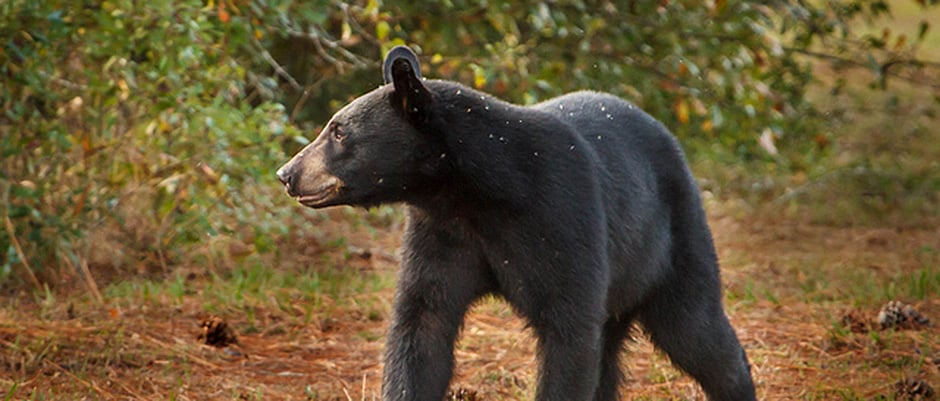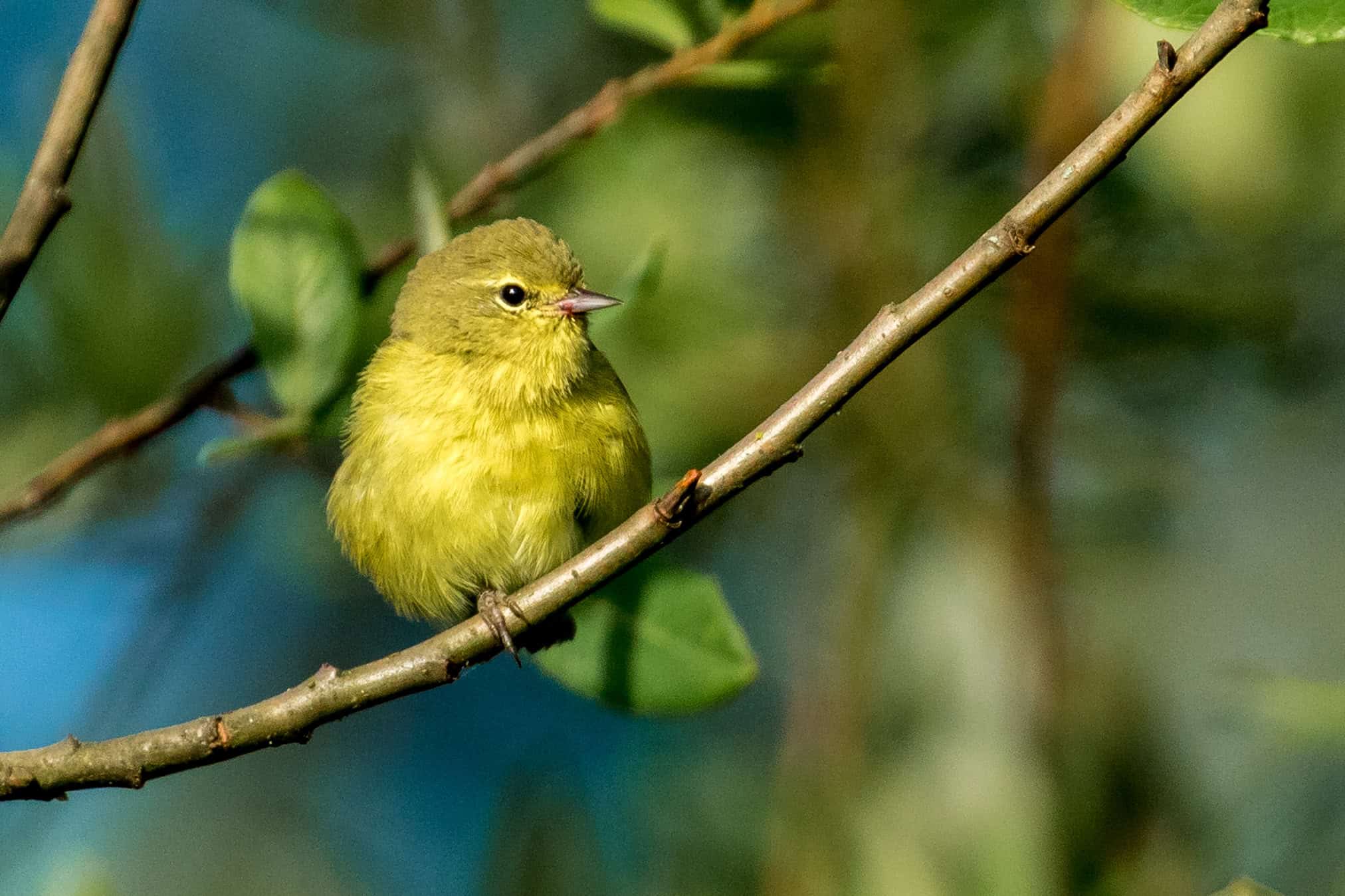Share this article
Florida’s Largest Recorded Black Bear Trapped and Killed
A new neighbor moved into a Seminole County neighborhood in Tallahassee, Florida earlier this month, but he was far from welcome — likely because he was a 740-pound black bear (Ursus americanus floridanus), the largest of its kind recorded in Florida. On Jan.18, five wildlife officials trapped and killed the bear, according to an Associated Press report, putting an end to weeks of complaints from county residents.
Although black bears have historically been a threatened species in Florida, their population has increased from several hundred in the 1970s to over 3,000 today. In 2012, the FWC approved the removal of black bears from the list of state-threatened species. Now, black bears are not only growing in physical size, but their population is growing as well.
Unfortunately, this population growth has caused problems. According to the FWC, complaint calls have gone up substantially from just 99 calls in 1990 to 6,667 calls in 2013. The majority of the complaints concerned bear sightings in people’s yards, trees or even garbage.
Though the black bear population is prosperous, there has not been a significant change in the amount of bear attacks. In the last decade, there have been about 14 incidents in which a bear has injured a person in Florida, and only two incidents were serious. Still, the FWC proposed conducting a bear hunt to control the population, which hasn’t been done since 1994. They will discuss their proposal in two weeks at their meeting in Jacksonville.
Black bear’s eating habits are also a cause for concern. Black bears are food conditioned, according to the FWC, which means that if there is garbage left out for them they will come back expecting more. A recent study published in Ecology Letters showed that bear’s eating habits affect the entire ecosystem, and eating garbage does nothing but damage. “My research shows that bears can have indirect effects on plants by consuming ants, which may be important for maintaining plant populations,” said Josh Grinath, a Florida State University researcher and author of the study. “If bears consume fewer ants and more trash, then these effects on plants could weaken and potentially have community-wide consequences.”
As a result, keeping bears away from trash will not only help the ecosystem thrive, but will also reduce the risk of human-wildlife conflict.
Header Image:
Photo Caption: An average-sized black bear walks around the woods in Florida. While bears typically weigh between 250 and 600 pounds, recently, biologists with the Florida Fish and Wildlife Conservation Commission trapped and killed a 740-pound bear — the largest black bear ever recorded in the state.
Image Credit: Rich Turner, Flickr








